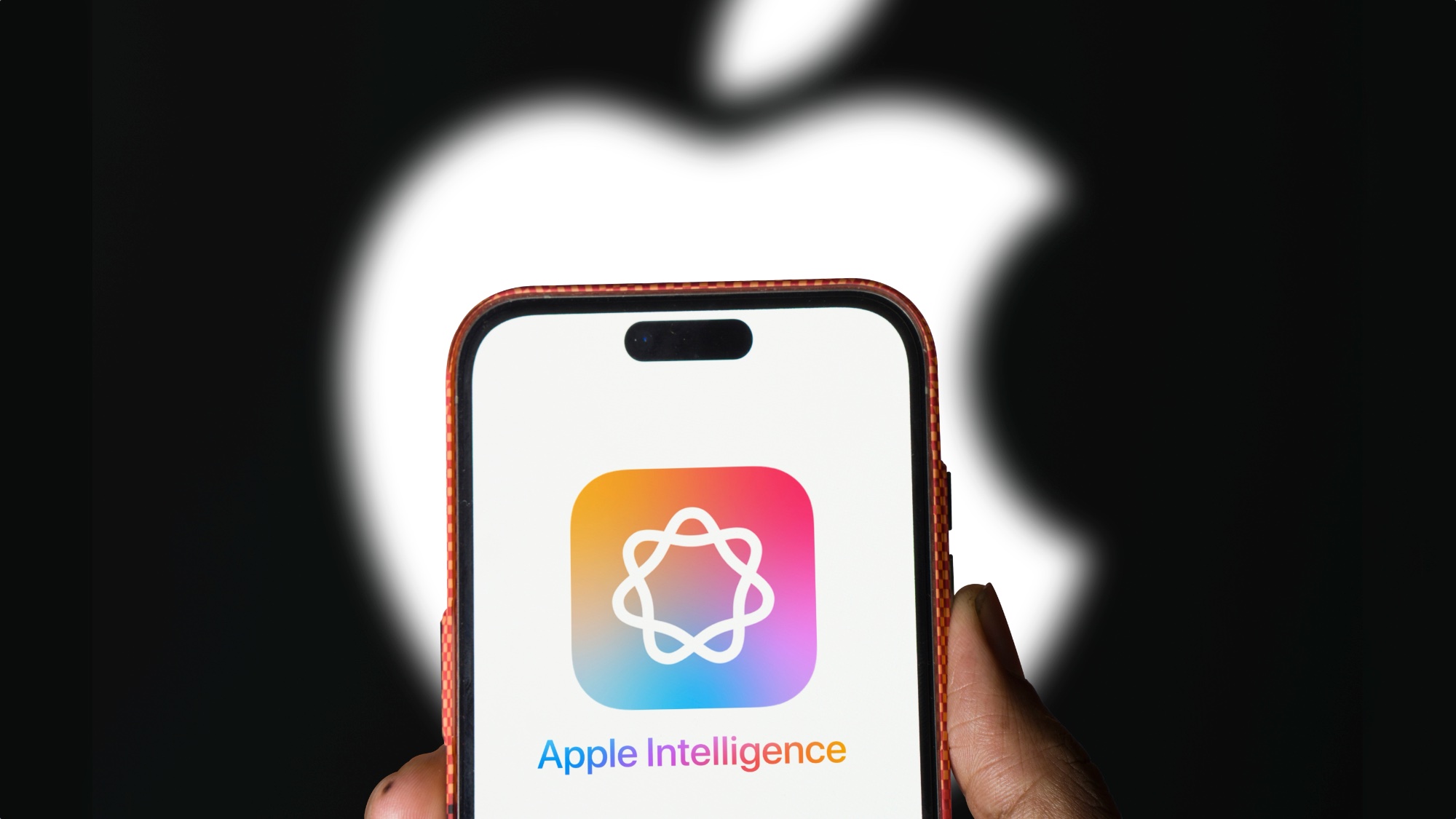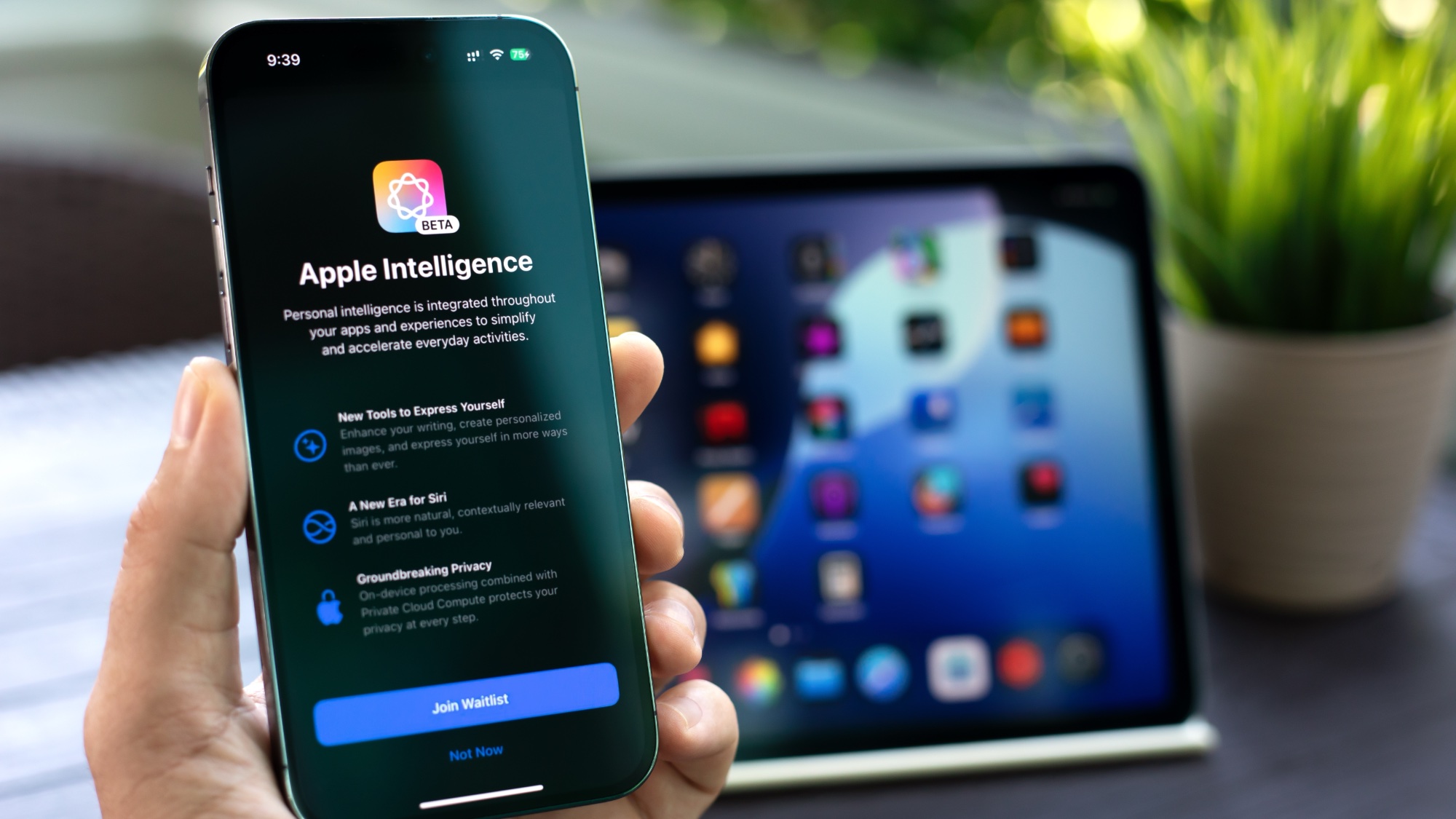
During the Android Show: I/O Edition, Google revealed plans to bring Gemini to even more devices in the coming months.
This is great news for Gemini fans, and it means a wealth of new features are coming to WearOS, Google TV, and more. I have no doubt this will be a major boost for fans, but it really hits home just how much Apple got in its own way regarding the release of Apple Intelligence.
The simple fact is that, due to a single hardware choice made years ago, Apple has made releasing its AI ten times more difficult than it needed to be. However, that doesn't mean that Apple is completely out of the game, as there are more than a few things that the company is doing that might hold a solution.
The first thing we need to do, however, is go into why Apple is having so many issues and what exactly was the choice that made life so difficult.
Apple gets the most out of it's hardware, but limits itself in the process

The issue that Apple has is relatively simple: for the longest time, iPhones were released with around 6GB of RAM. This allowed Apple to keep the cost of the phone down while relying on the iOS performance to help keep pace with some of the best Android phones.
When it comes to performance, several factors allow the best iPhones to remain leagues above other devices in terms of performance. The first is that iOS compiles its apps into native code, which means that they run directly on the device without needing to be interpreted. This means that the apps are much more efficient and, as such, use less RAM. On top of that, Apple’s iOS uses a much more aggressive memory management system that is more likely to free up RAM from apps that are no longer in use.
Finally, Apple has a lot more control over the hardware and software used in its devices, which means it’s a lot easier for it to optimize the performance of the memory on the device.
All of this comes together to make Apple devices capable of doing much more with less. However, as we have seen with the release of Apple Intelligence, it has had some major downsides too.
How Apple shot itself in the foot

While Apple's design means it functions well with less RAM, Apple Intelligence resoundingly doesn't.
Here's the thing: Most of Apple Intelligence's features, especially those with a Large Language Model (LLM), require a lot more RAM than most iPhones have. Now, this might have been less of an issue, but Apple decided to run its AI on the device’s local memory rather than utilizing the cloud.
This can have some great benefits, primarily enhanced security due to data being kept local, as well as improved overall performance with much lower latency. However, it also meant that devices with less than 8GB of RAM simply cannot run Apple Intelligence, which leaves a lot of customers out in the cold.
Google Gemini, meanwhile, is a cloud-based system, meaning that it can run on the majority of devices that have a minimum of 2GB of RAM. To be fair to Apple, focusing on cloud-based processing has its downsides, namely that it’s usually slower and less secure, as the data can be intercepted. However, what is painfully evident is that the cloud-based processing was a much better starting point than on-device.
The issue is that Apple can't go backwards to make older devices compatible with Apple Intelligence. Meanwhile, apps like Google Gemini and Chat GPT can, and do, work on older iPhones. As such, you have a horde of customers whose only experience with AI has nothing to do with Apple.
Can Apple catch up?

Apple might be in a bit of a tough spot, but there are some solutions. One of the most interesting we've heard about is that Apple is releasing a Software Development Kit to app makers that includes many of its AI models. This will help these developers to better integrate Apple's AI into their apps, as well as allow them to create new ones.
We’re also seeing that Apple is working to increase the RAM across its range to help future-proof its devices from this kind of issue happening again. For instance, the iPhone 17 series is rumored to feature up to 12GB of RAM. Meanwhile, Apple just released the iPad Air M3, which features 8GB of RAM.
Finally, there’s something to be said for allowing users to install Gemini on their devices, even having it as an option to replace Siri. Here’s the thing: Apple is relatively new to the AI game, so having one of the more successful AIs available in a place where Apple can track what people are interested in and what feature they use the most, likely could be a big help.
As it stands, we’re going to have to wait until iOS 19 to see if Apple can solve some of its issues, especially with Siri. However, it’s clear that Apple is on the back foot at the moment, and it’s going to take something special to help them keep up.







